BLOG
Build Operational Resilience in Foodservice with Smarter Waste Practices
Read more
At Sourgum, we provide expert insights for individuals and businesses on waste management, recycling, environmental impact, and practical home improvement solutions.

BLOG
Read more

BLOG
Read more

BLOG
Read more

BLOG
Read more

BLOG
Read more

BLOG
Read more

BLOG
Read more

BLOG
Read more

BLOG
Read more

BLOG
Read more

BLOG
Read more

BLOG
Read more

BLOG
Read more
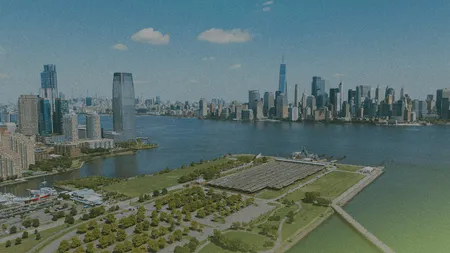
BLOG
Read more

BLOG
Read more

BLOG
Read more

BLOG
Read more

BLOG
Read more

BLOG
Read more
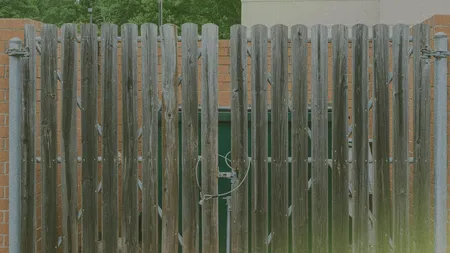
BLOG
Read more

BLOG
Read more
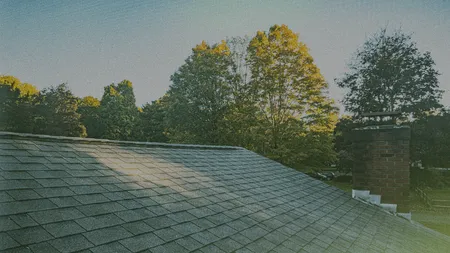
BLOG
Read more

BLOG
Read more

BLOG
Read more
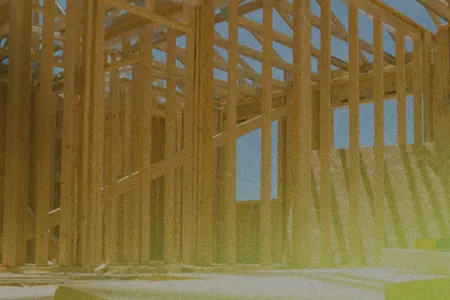
BLOG
Read more

BLOG
Read more

BLOG
Read more

BLOG
Read more

BLOG
Read more

BLOG
Read more

BLOG
Read more
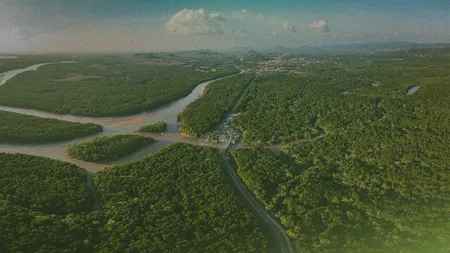
BLOG
Read more

BLOG
Read more

BLOG
Read more

BLOG
Read more

BLOG
Read more

BLOG
Read more

BLOG
Read more

BLOG
Read more

BLOG
Read more

BLOG
Read more

BLOG
Read more

BLOG
Read more

BLOG
Read more

BLOG
Read more

BLOG
Read more

BLOG
Read more

BLOG
Read more